Postpartum Depression Causes And Symptoms
Postpartum depression is a severe form of depression occurring after childbirth and pregnancy. One study found that out of ten thousand participants, one out of every seven mothers with newborns experienced postpartum depression. Although postpartum depression may begin any time in the first year of birth, it typically occurs within the first three weeks. Postpartum depression is unique to every pregnancy and may affect both experienced and first-time moms alike.
Symptoms
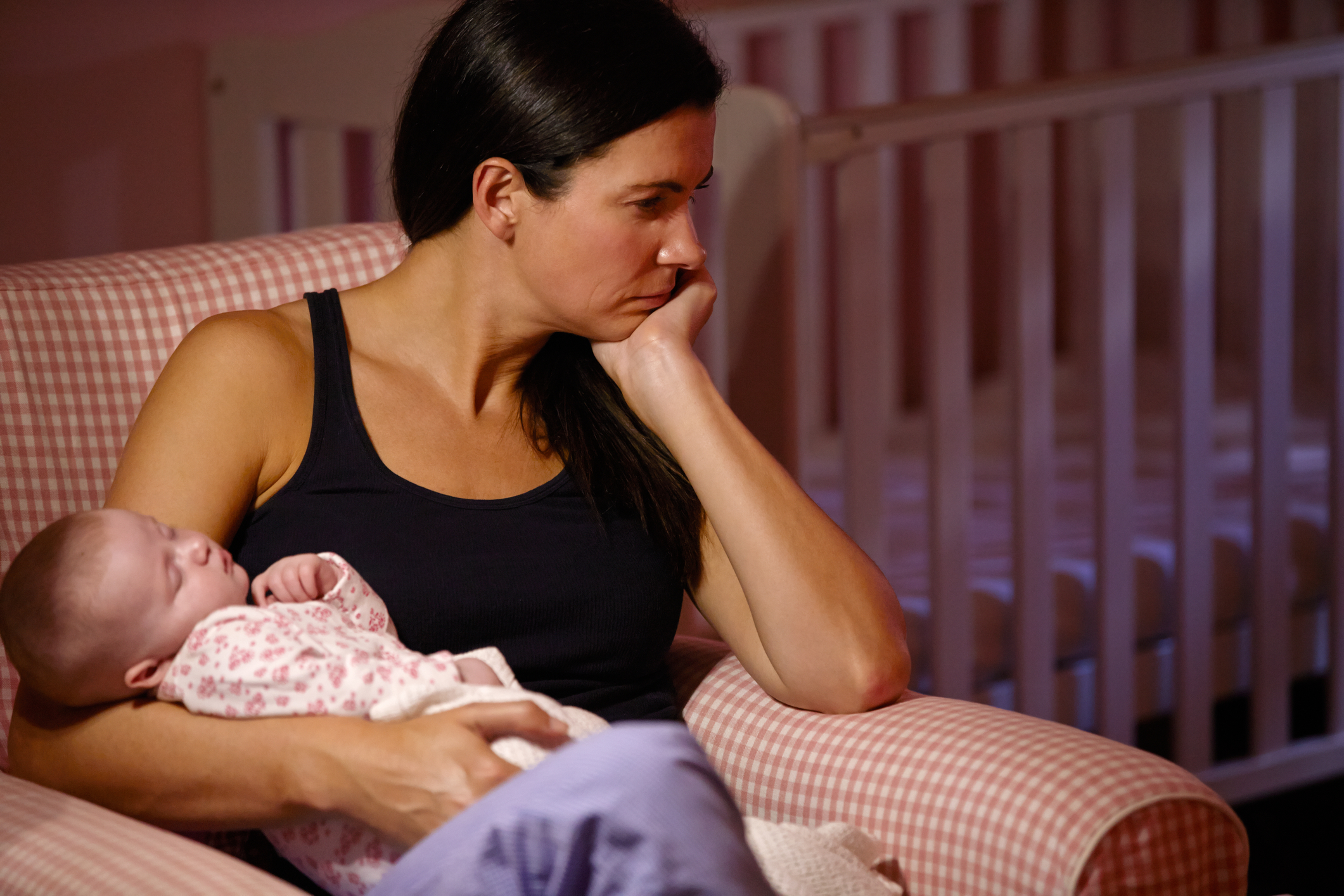
Symptoms of postpartum depression may include severe mood swings, excessive crying, sad feelings, change in appetite, intense anger and irritability, insomnia or fatigue, and apathy. Women suffering from postpartum depression may have difficulty bonding with their new baby or fear they are not a good mother. They may feel shame, guilt, and worthlessness, or have problems concentrating or thinking clearly. Severe cases may include panic attacks or thoughts of suicide or harming the new baby.
Postpartum Psychosis
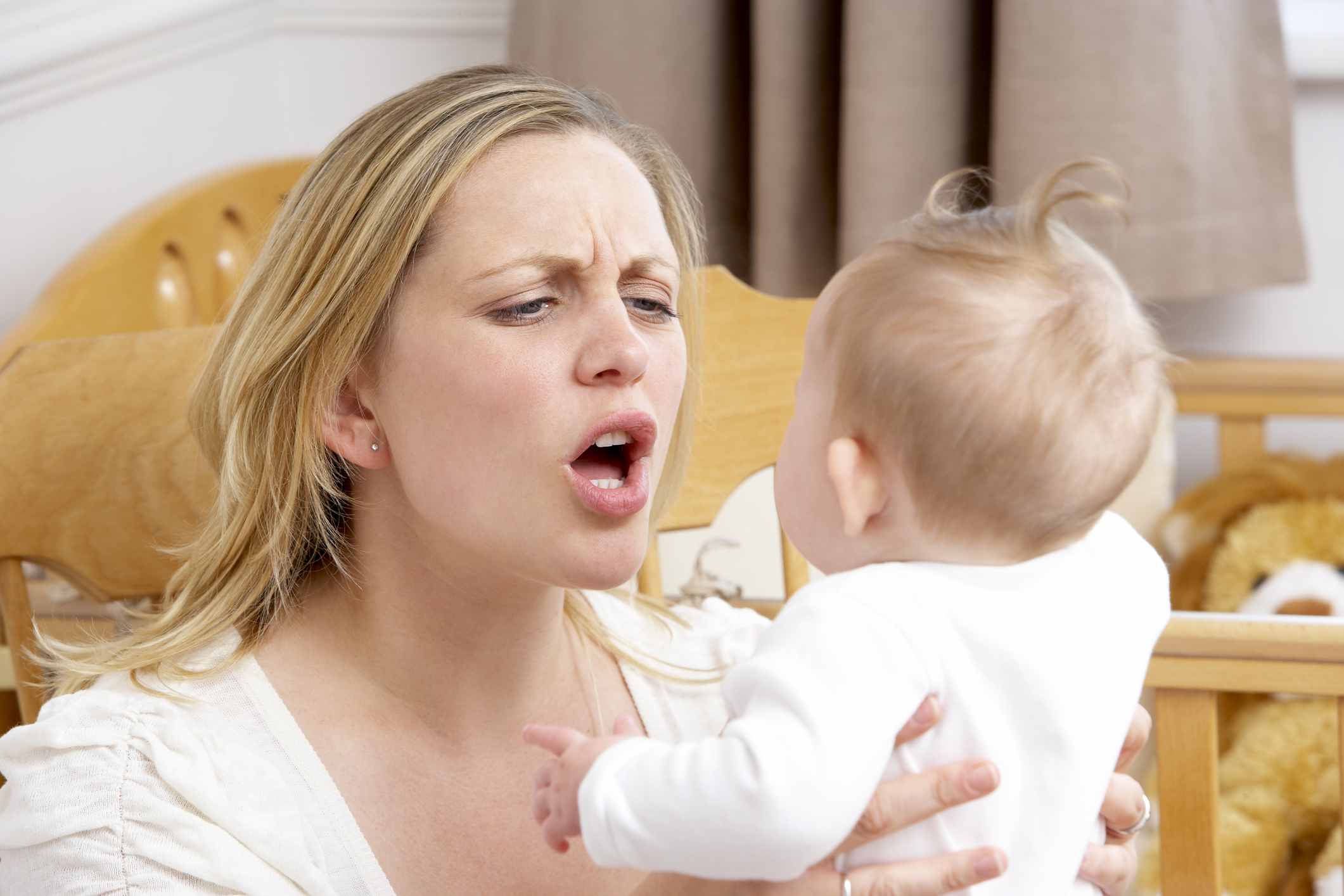
Postpartum psychosis is a rare condition characterized by a more severe form of postpartum depression. It usually occurs during the first week of childbirth. Symptoms may include sleep disturbances, obsessive thoughts over the new baby, disorientation and confusion, paranoia, delusional thinking, hallucinations, and suicide attempts or efforts to harm the new baby. It is a serious condition that requires immediate treatment to prevent life-threatening thoughts or actions to both mom and baby.
Anxiety
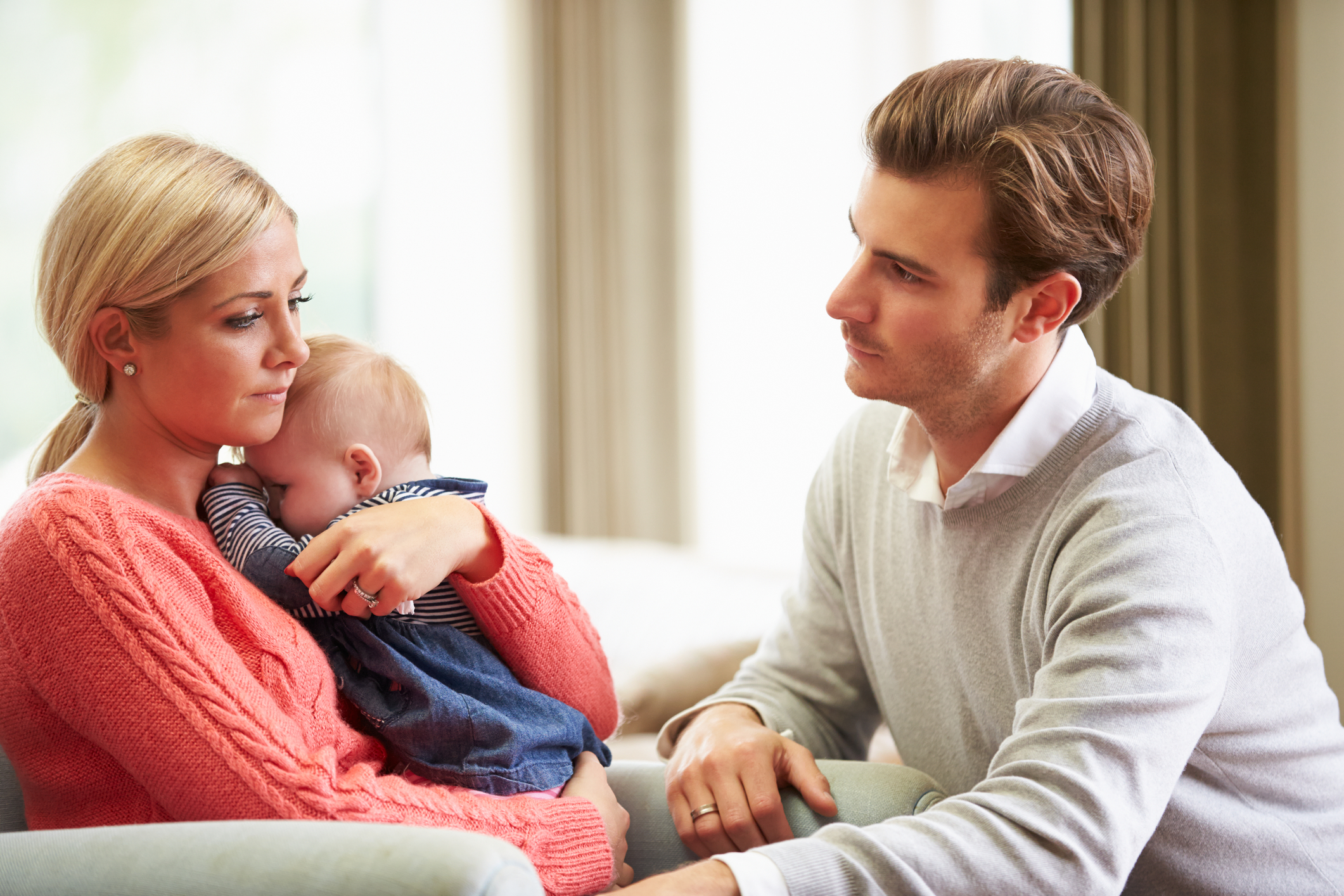
Postpartum depression may present itself in forms other than depression. Some women may experience no depression at all but have extreme anxiety over the new baby. This may include crying spells when someone else holds the baby or anytime the mother has to put the baby down. Some women refuse help from friends or family because they feel the need to be the sole caretaker of the child, which results in extreme exhaustion and eventually may lead to depression.
Pitocin
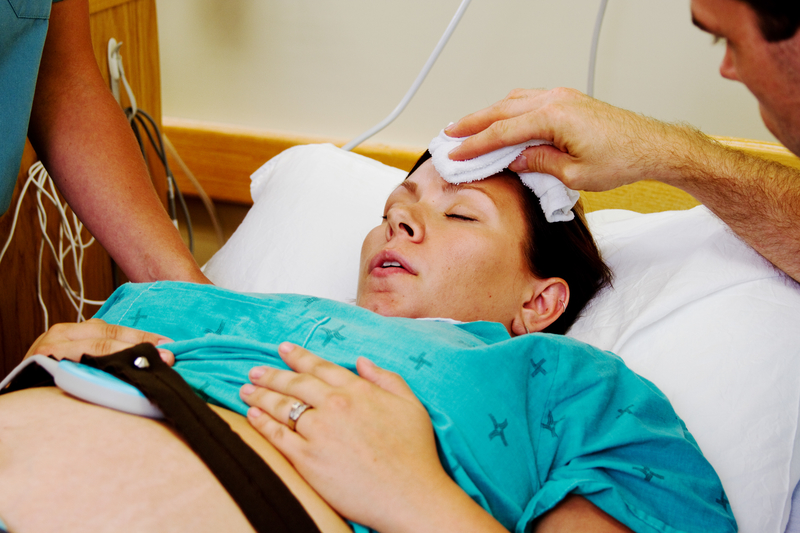
Pitocin is a brand name of oxytocin used to induce childbirth by causing or strengthening contractions. It can also be used to control bleeding after childbirth and induce abortion. A study published in February of 2017 found that women who were exposed to oxytocin during childbirth had an increased risk of being diagnosed with postpartum depression or anxiety within the first year after birth compared to women who were not exposed to oxytocin.
Sleep Deprivation
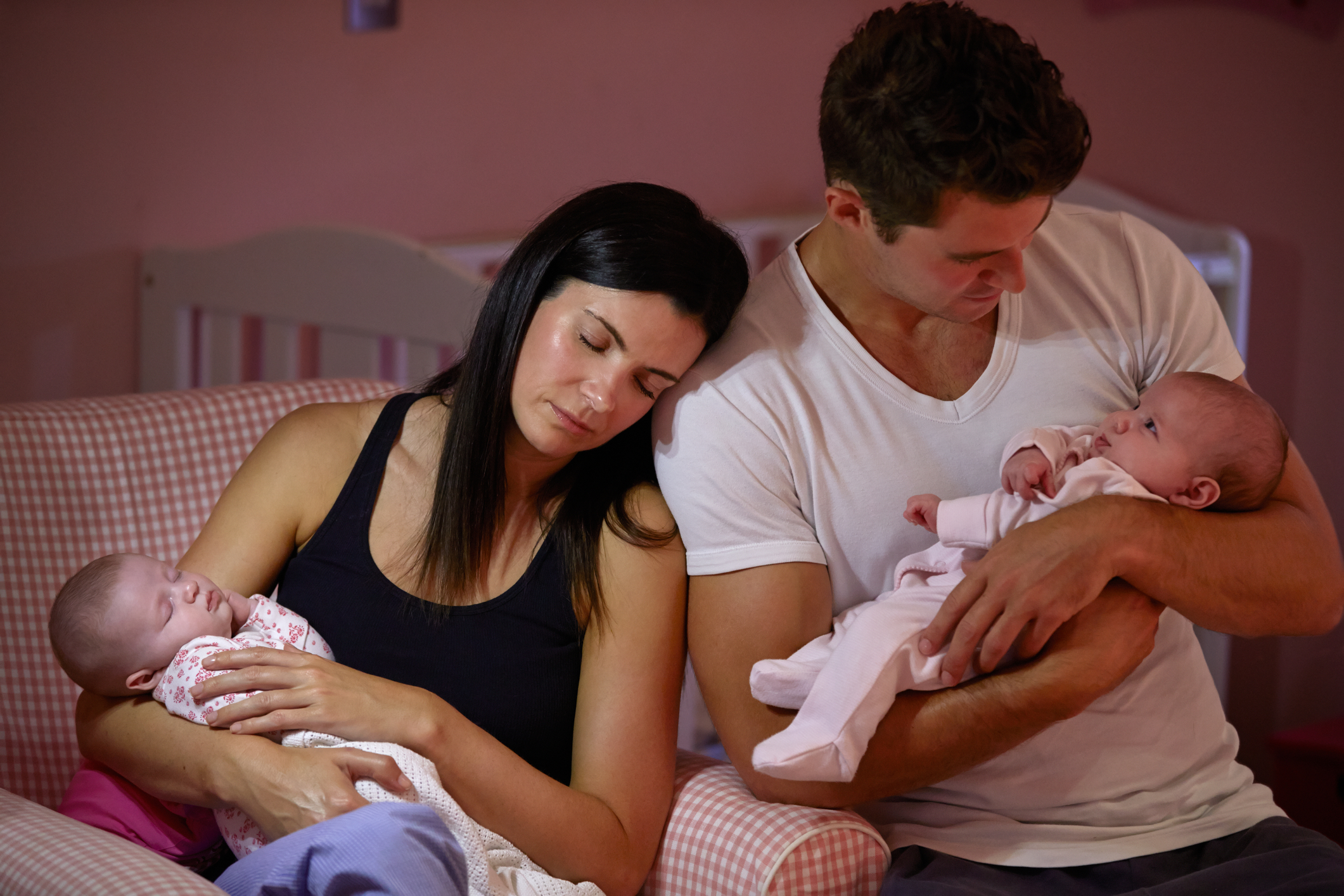
New babies typically need to be fed every two to four hours. This can be draining and exhausting for the new mother, especially if she does not have the help of a partner, friends or family. Some babies also need to be held regularly, or they cry. Children often seek the comfort of their mothers over other family members, which can make it hard for the new mother to rest more than a few hours at a time.
Hormones

A woman experiences a significant increase of the hormones estrogen and progesterone while she is pregnant. When the baby is born, hormone levels suddenly drop, which may trigger psychological problems such as depression or anxiety. Other hormones produced by the thyroid gland may also rapidly fall, which can lead a woman feeling depressed, tired, and sluggish. The drop in hormones coupled with the demands of a newborn baby may contribute to depression or feelings of being overwhelmed.
Body Image

A woman’s body changes dramatically after giving birth. Some women may experience postpartum depression after the baby is born due to the image of their new body. It may take some time before a woman returns to a healthy weight. Some women may also experience depression over C-section scars and other issues with their new postpartum body. The demands of a newborn may also prevent a new mom from having the energy or time to work on her appearance, which may also contribute to depression.
High Maintenance Babies
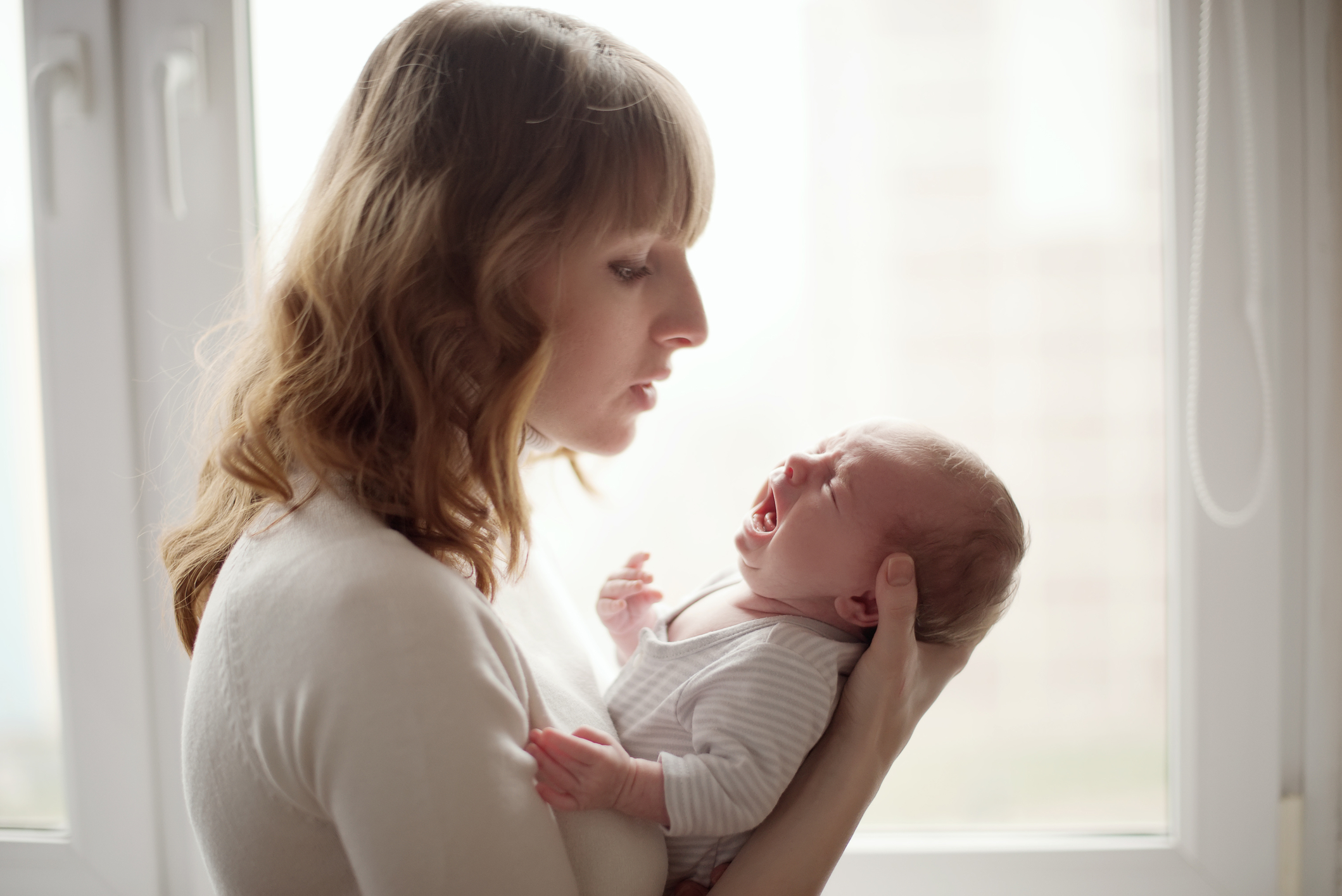
Although most women are well aware a new baby will change their life, they might experience a shock when the new baby comes. There is less time to spend on themselves and simple tasks such as showering, eating, and using the bathroom become challenging. This can be frustrating, depressing, and irritating. New babies may also become colicky, which makes them fussier than normal. This may affect how much a new mom can sleep.
Risk Factors
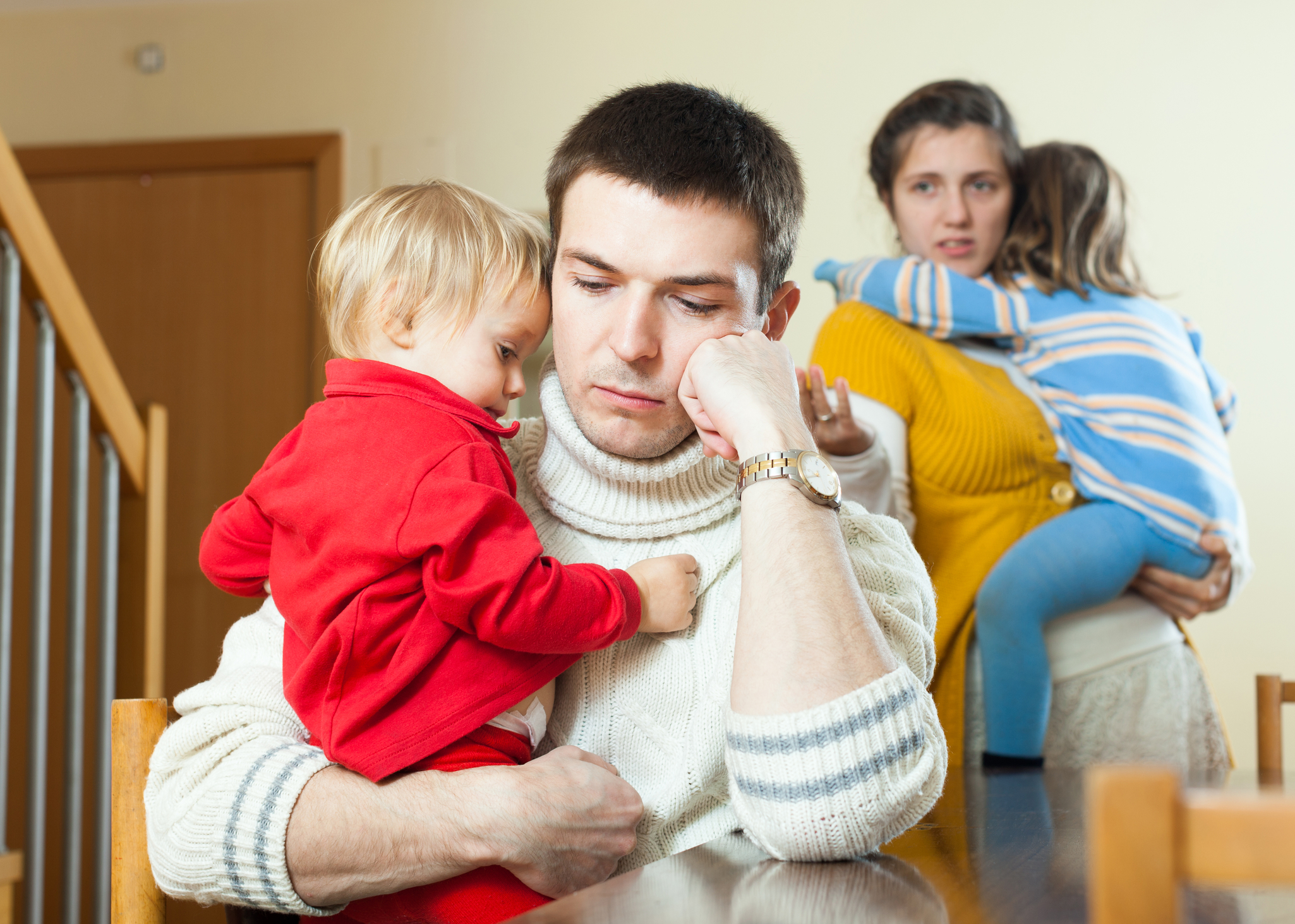
A woman’s risk of postpartum depression increases if the pregnancy was unwanted or unplanned or if she is having problems in her relationship with her significant other. Job stress, health, and financial problems may also increase the risk of postpartum depression. Having a history of depression, anxiety or bipolar disorder also increases the risk. Babies with special needs or having difficulty breastfeeding may cause postpartum depression. Having a weak support system or lack of help with the new baby may cause sad feelings.
When To Seek Treatment

Women who experience depressive symptoms for longer than a few days or weeks should seek treatment to help cope with the daily stress of a new baby. Seek immediate treatment if feelings of suicide or thoughts of harming the baby are present. For many women, postpartum depression may get better over time; however, seeking treatment can help make the day to day responsibilities easier. Speaking to a therapist a few times a week or taking an anti-depressant may help provide relief.